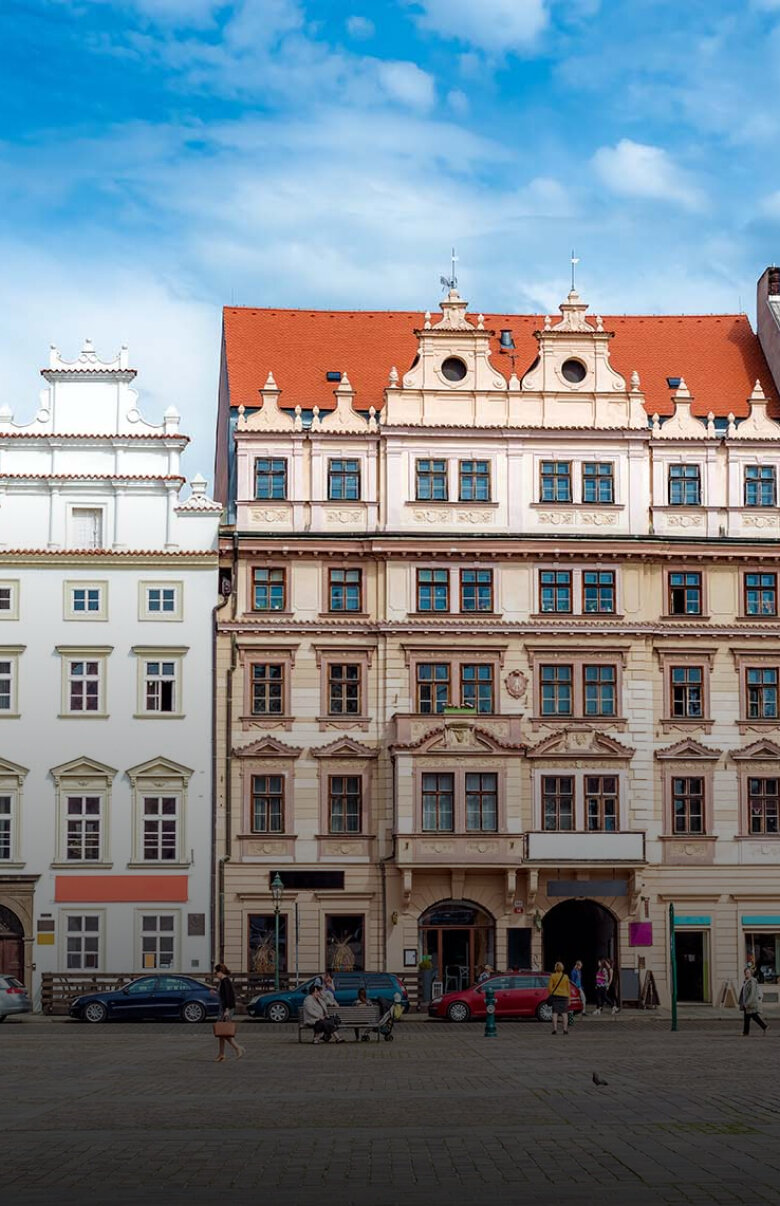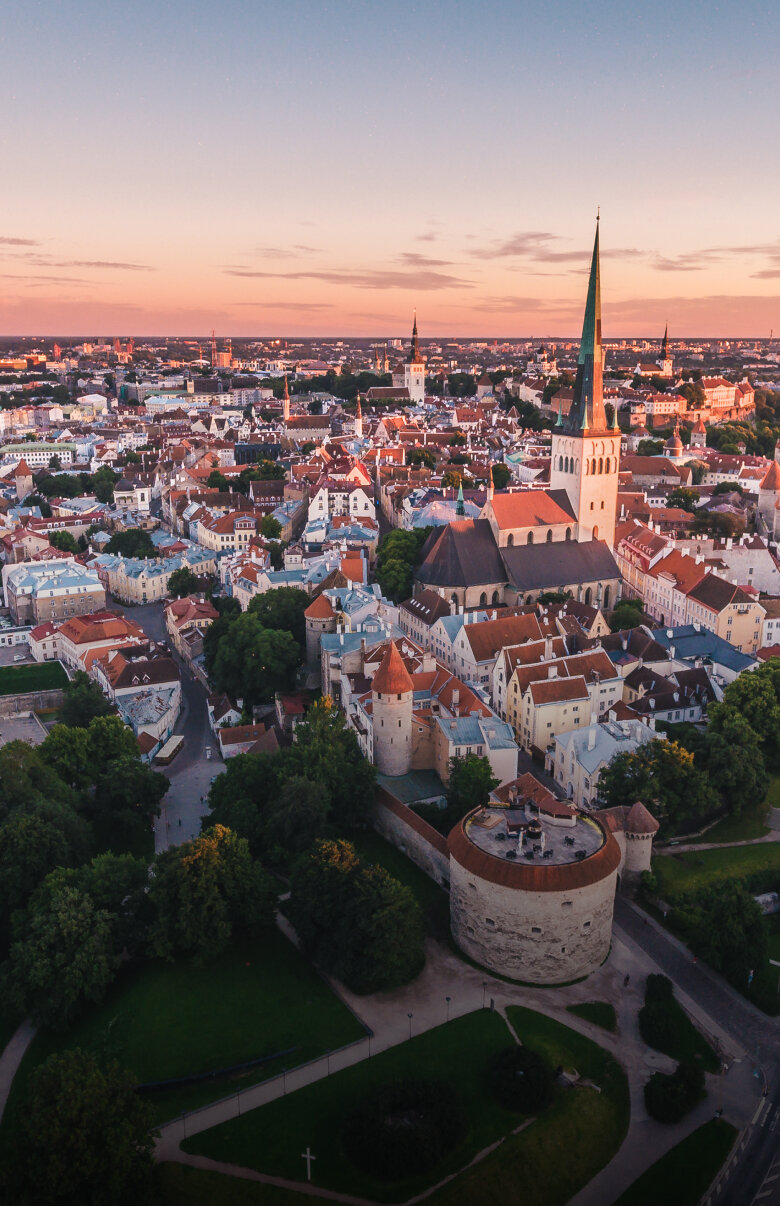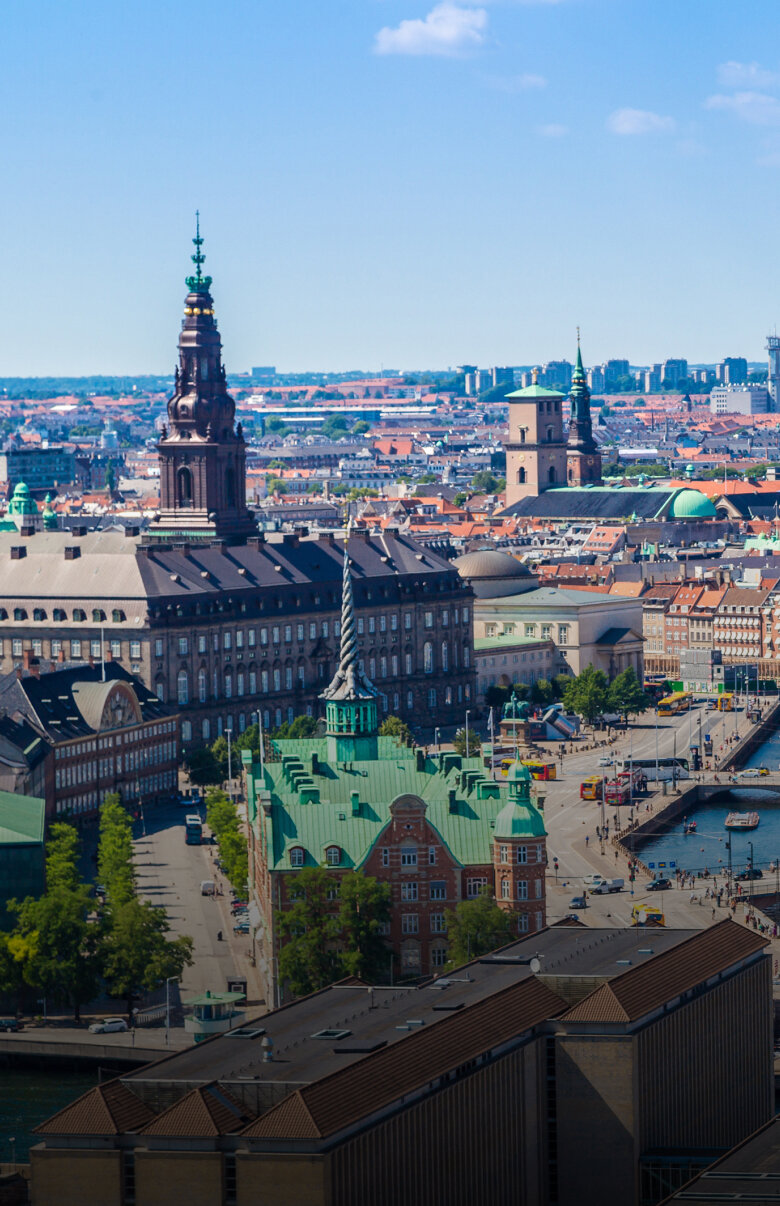Universities
Studying medicine in Ireland
Become a doctor In the land of mythical elves and leprechauns - studying medicine in Ireland is also possible with a German Abitur. If this alternative appeals to you and you are thinking about studying medicine in Ireland, we provide you with the advantages and everything else you need to know here.
You are interested in Studying medicine abroad?
We are happy to advise you free of charge about the possibility of studying medicine abroad. futuredoctor supports you in obtaining a place to study medicine at over 21 universities in 9 countries.
Advantages of studying medicine in Ireland
In Ireland, you can enjoy an excellent education at highly renowned universities. But this is just one of many facts that speak in favour of studying medicine in Ireland. Here are the most important ones:
Studying medicine in English
The medical degree programme in Ireland is taught in English. Your knowledge of English at school is an excellent foundation and, depending on your language level, may be sufficient for the degree programme. After completing your studies, you will be fluent in a world language, opening up good career opportunities abroad.
State-of-the-art universities with attractive partner programmes
Studying medicine in Ireland is demanding and has an excellent reputation. The universities are world-class and their excellent teaching and research is internationally recognised. Teaching is provided by highly trained staff, most of whom work in practice.
Most of the universities offer the opportunity to gain additional experience abroad (e.g. Australia, the USA and the UK). Canada). In summer elective courses or in a Semester abroad you can familiarise yourself with studying and the medical system in other countries.
EU-wide recognition
Ireland is part of the EU. The medical degree from Ireland is therefore recognised in Germany. You can also have individual parts of your degree recognised in Germany. This means that nothing stands in the way of a career in your home country or professional happiness in other European countries.

Study medicine abroad with futuredoctor
Do you dream of studying medicine, but the chances of getting a place in your home country are slim? We can help you find a suitable study place abroad.
Advantages at a glance:
- EU-wide recognised qualifications
- Study in English or German
- > 95% Success rate
- > 1,000 study places allocated
From the selection of universities and support in the application process to orientation and finding accommodation - we are at your side.
At which universities is it possible to study medicine in Ireland?
Studying medicine in Ireland is also possible for students from other European countries at six different universities.
NUI Galway School of Medicine (Galway)
Medicine has been taught at the University of Galway for 175 years. Lectures are held in English. The medical faculty is known for providing its students with personalised and friendly support. In addition to your studies, you will be offered numerous opportunities for personal development, such as volunteer work on site or intercultural experiences through the ERASMUS programme.
Galway is a vibrant and modern city and the university has excellent facilities including a sports and leisure centre, clubs and libraries.
Royal College of Surgeons in Ireland School of Medicine (Dublin)
The RCSI School of Medicine is the largest medical school in Ireland and is one of the most international medical schools in the world. The curriculum is student-centred and is regarded as innovative and future-oriented. The RCSI School of Medicine is also highly committed to clinical and patient-centred research. The faculty is staffed by experienced medical professionals and has one of the largest and most modern clinical simulation facilities in Europe, where you can develop your practical skills.
Trinity College Dublin School of Medicine (Dublin)
The School of Medicine at TCD offers a five-year medical degree programme. Its approach is to blur the boundaries between pre-clinical and clinical teaching so that students are introduced to clinical medicine earlier than usual through the Family Case Study. Teaching is a mixture of lectures, demonstrations, small group teaching and problem-based learning.
The university attaches great importance to balancing your free time with your lectures and you have the opportunity to become active in one of the countless student groups or join a club.
University College Dublin School of Medicine (Dublin)
Studying medicine at UCD promotes a world-class curriculum, early patient contact and a timetable that incorporates social and extra-curricular activities. Lectures take place in Ireland's largest university campus. Two of Dublin's leading acute hospitals are available for your practical training. The university also offers you the opportunity to familiarise yourself with the healthcare systems of other countries. For example, you can take a summer elective in hospitals in the USA, Canada, Malaysia or Australia.
University College Cork School of Medicine (Cork)
Training takes place on UCC's modern medical campus, which includes the ASSERT Centre, a medical simulation centre. The integrative system-based curriculum offers you early patient contact, which takes place in the numerous well-equipped teaching hospitals. If you are interested in international exchange, you can take electives in other countries in Europe, America or Africa.
University of Limerick School of Medicine (Limerick)
UL offers a 4-year undergraduate medical programme that provides the foundation for postgraduate training and a career in any medical field. The curriculum is considered highly modern, early patient contact is emphasised and the principle of problem-based learning (PBL) is used. You can take electives at numerous host institutions, such as in New York, Ohio or Miami, and thus gain a broad insight into medicine and different approaches on site.
Studying medicine in Ireland - What are the requirements?
To create a Medical study place To apply for a university entrance qualification in Ireland, you need a certificate of general higher education entrance qualification, i.e. an Abitur. The better your average grade, the better your chances of applying. Good grades in science subjects such as biology, chemistry and physics are also important. It also benefits you if you have taken these as your main subject.
However, it is not only the grade point average that counts. You also have to take the Health Profession Admissions Test (HPAT). This is a standardised test that assesses certain skills and characteristics that are important for training in the healthcare sector. These include, for example, critical thinking and problem solving, scientific understanding, emotional intelligence, social skills and abstract thinking. You should prepare yourself as well as possible for this test, as a good result is crucial for your chances of getting a place at university. We will be happy to help you!
As the programme is taught exclusively in English, the universities require proof of your language skills. An IELTS score of no less than 6.5 or TOEFL certificate with a minimum score of 79 is expected for entry to the programme.
How is the medical degree programme in Ireland structured?
How long does it take to study medicine in Ireland and how is it structured? The structure of the medical degree programme in Ireland is similar to the German curriculum. The first two to three years are the pre-clinical years. This section concentrates on basic subjects such as anatomy, physiology, biochemistry, pathology and microbiology. Through lectures and small group lessons, you will be slowly introduced to the structure and functions of the body.
This is followed by the clinical years. This part builds on the foundations of the first section. Through rotations in various disciplines such as SurgeryInternal medicine, paediatrics, Gynaecology and psychiatry, you will familiarise yourself with everyday hospital life and be able to apply your medical knowledge.
These practical skills are honed in the final year (internship). You will support medical teams in various specialist departments and will be able to diagnose and treat illnesses under supervision.
The programme is completed with a Bachelor's degree (Bachelor of Medicine, MB). You then have the opportunity to do a Master's degree or a PhD.
The duration of the medical degree programme varies and is between six and seven years. If you have excellent A-level grades, especially in the natural sciences, you can apply for the five-year medical degree programme. All others can only apply for the six-year Bachelor's programme, which includes the "Foundation Year" at the beginning of the programme. Students on both the five-year and six-year degree programmes must then complete a one-year internship as part of their postgraduate training.
How much does it cost to study medicine in Ireland?
To give you your Financing medical studies abroad To be able to offer a high quality education, it is necessary to carefully consider the costs involved. High-quality training at medical faculties comes at a price, ranging from 9,000 euros to 17,500 euros per year. Of the total cost of studying medicine, tuition fees alone average 3,000 euros per year. There are also additional fees such as the EU tuition fee for medicine of 7,267 euros, an IT fee of around 475 euros or a one-off fee for a health examination of 280 euros. However, the SUSI scholarship or the Free Fees Initiative can save you a lot on fees, so that a total amount of around 2,890 euros is due.
A fee of 35 euros is also charged for applying to the university. In addition, there is the cost of living, which is roughly comparable to that in Germany. Rental prices vary greatly. They are somewhat higher in large cities such as Dublin or Cork. Rooms in shared flats cost from 600 euros per month. You should budget between 200 and 400 euros for food. Including mobility costs and leisure activities, your monthly expenses could amount to between €1,000 and €2,500.
The good news: with a Scholarship financing can be organised more easily.
Country and people: Exciting facts about Ireland
- Happy Halloween! The world-famous festival has its origins in Ireland! The forerunner of today's Halloween is the Celtic Samhain festival, which was celebrated by the Celts at the end of summer and is a kind of harvest festival.
- Ireland's bank holidays: St Patrick's Day. Many people dressed in green celebrate Saint Patrick in Ireland every year on 17 March. However, St Patrick does not actually come from Ireland, but from Wales or Scotland.
- Green, greener, Ireland! It is not for nothing that Ireland is also known as the "green island", because more than half of the land area consists of meadows and pastures.
What do I need to consider when applying for a medical degree programme?
The Application for medical studies runs via a portal called the Central Applications Office (CAO). There you upload your university certificate and your Health Professionals Admissions Test (HPAT). You then send your application within the Application deadlines further documents to the university. These include a letter of motivation, two letters of recommendation and an official language certificate. futuredoctor will be happy to advise you on the specifics of applying to the Irish medical university of your choice.
Are you ready to realise your dream of studying medicine in Ireland? Contact us today and start your journey with futuredoctor. We look forward to accompanying you on your journey and working with you to realise your dream of a career in medicine.
Would you like to complete your studies in the neighbouring country of Great Britain? Then take a look at this page: Medical studies in Great Britain.
Starting signal
What are you waiting for? 🎉
Order your information pack now, find out more about studying medicine abroad and get started as a medical student!
FAQs about studying medicine in Ireland
What are the main advantages of studying medicine in Ireland?
The benefits include a high-quality education at renowned universities, teaching in English, state-of-the-art universities with attractive partner programmes and EU-wide recognition of the degree.
Do I need to be fluent in English to study medicine in Ireland?
A good knowledge of English at school is often sufficient. The degree programme will help you to improve your language skills and you will be fluent in English after graduation.
How is the medical degree programme in Ireland structured?
The programme consists of the pre-clinical years with basic subjects and the clinical years with practical experience in various medical fields, followed by an internship.
Which universities in Ireland offer a medical degree programme?
Irish universities include NUI Galway, Royal College of Surgeons in Ireland, Trinity College Dublin, University College Dublin, University College Cork and University of Limerick.
What are the requirements for studying medicine in Ireland?
You need a high school diploma, good grades in science subjects and must pass the Health Profession Admissions Test (HPAT). English language skills are also required.
How much does it cost to study medicine in Ireland?
Tuition fees are between 9,000 and 17,500 euros per year, depending on the university. However, there are also scholarship opportunities.
What do I need to consider when applying to study medicine in Ireland?
The application is made via the Central Applications Office (CAO) with the required documents such as university certificate, HPAT result, letter of motivation and language certificate.
What international experience can I gain during my medical studies in Ireland?
Many universities offer programmes for semesters abroad and summer courses in different countries to get to know international medical systems.
How long does it take to study medicine in Ireland?
The duration varies between five and seven years, including a one-year internship as part of the postgraduate programme.
30 countries for your medical studies
The Netherlands
Groningen, Maastricht, Amsterdam, Leiden, Utrecht, Rotterdam

Switzerland
Basel, Fribourg, Berne, Geneva, Zurich, Neuchâtel, Lausanne





























